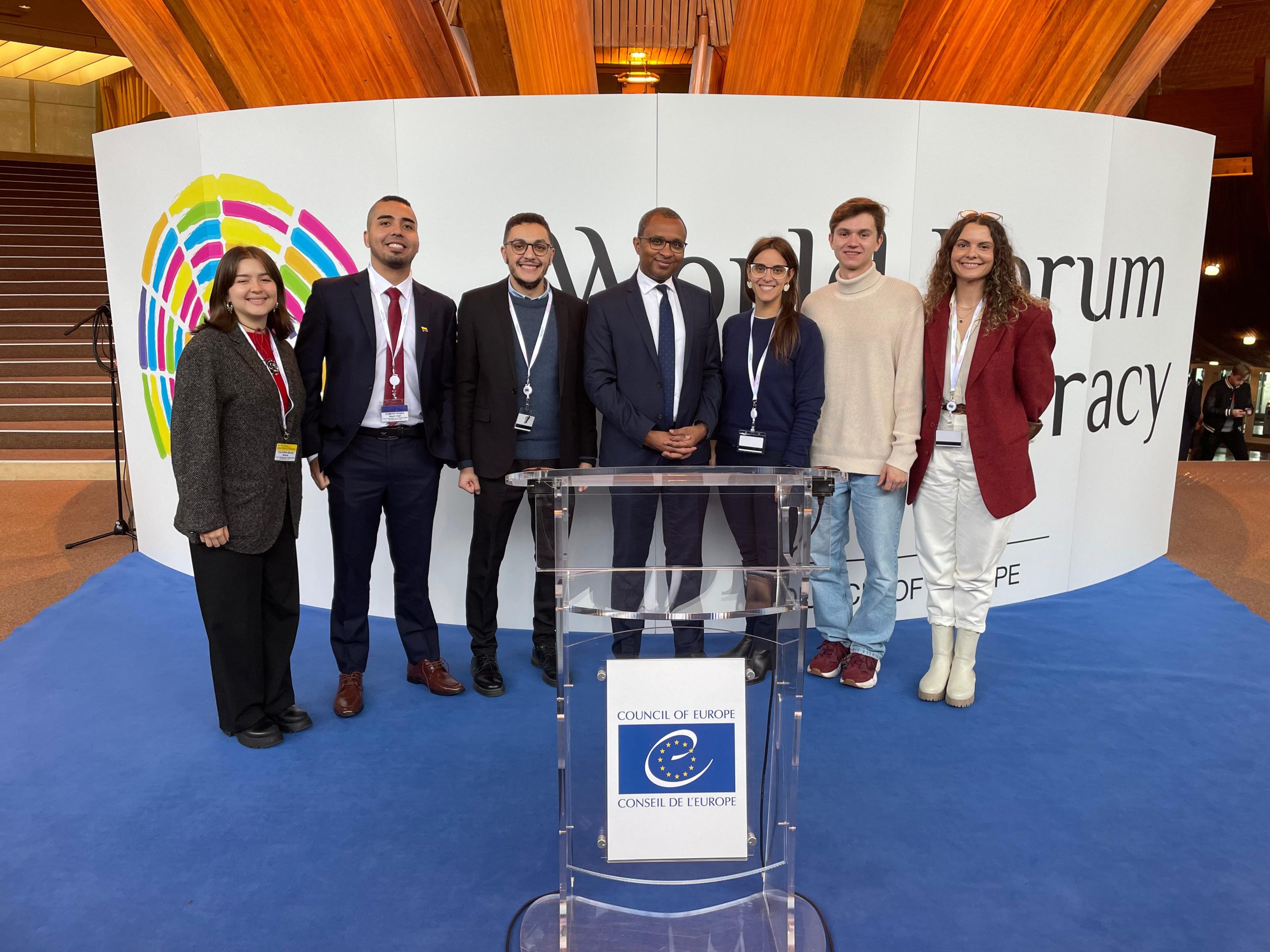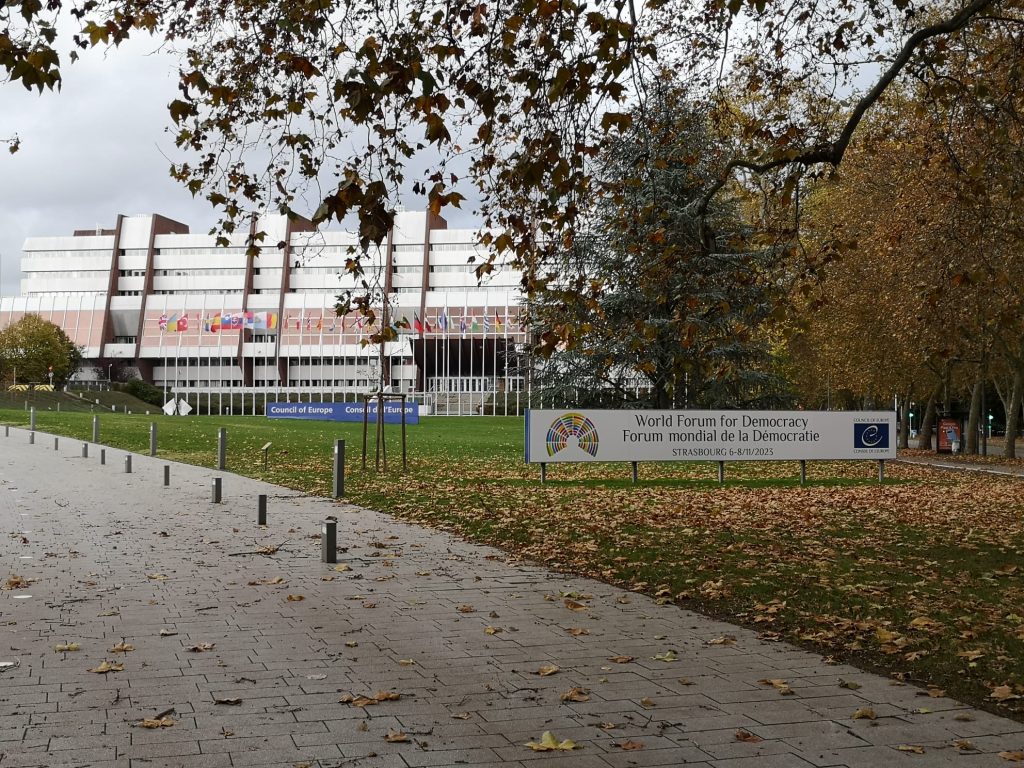
Fascism and anti-Semitism: paths of hope from the World Forum on Human Rights
The first days of November bring back memories of events in our history that we Europeans should not forget.
November 9 not only commemorates the fall of the Berlin Wall, which divided the country and the European continent for almost three decades until 1989, but it is also the International Day of Struggle against Fascism and Anti-Semitism. . The purpose of this event is to raise awareness of the fact that fascism and anti-Semitism continue to target racial, ethnic and religious minorities today.


On the night of November 9-10, 1938, some 30,000 Jews were rounded up and deported to concentration camps at the hands of Nazi Germany’s military and security organizations. A hundred of those who resisted the situation were killed. More than 7,000 Jewish businesses and stores were destroyed and the streets were littered with broken glass. It is therefore known as the “Night of Broken Glass” (Kristallnacht).
This night went down in history as the beginning of one of the darkest and most terrible episodes of humanity: the Holocaust.
The call for reflection becomes particularly important in these difficult times we are living in, in which intolerance, discrimination, exclusion and hatred towards the Other have once again come to dominate our society. newsthreatening values such as democracy and peace that we thought we had conquered, at least in Europe.
Fascism is not a distant fact that lives only in the most tragic pages of European history, it is still alive and gaining strength. That is why fighting against it is more urgent today than ever to prevent “our past frombeing our future,” as Hungarian writer Elie Wiesel, a survivor of the Nazi extermination camps and Nobel Prize winner in 1986, reminds us.
For all these reasons, we are pleased to have participated in these days at the World Forum on Democracy organized by the Council of Europe to discuss how democracy can offer better guarantees of peace.
In particular, we are very proud to have been able to present our Memorízate project, which has been selected among 400 proposals as an initiative that promotes democracy by generating knowledge among civil society.
Since 2012, the World Forum for Democracy has become an annual opportunity for citizens from around the world to reflect on democracy, analyze its limits and shortcomings, and propose new ideas to respond to the challenges democracy faces.
The program of the 2023 edition included “conversations at the Forum” on: The truth of war crimes: use of electronic evidence and OSINT; Memory, memorials and teaching history; Women, democracy and peace; Building peace and democracy across borders; Economics of peace; Sudan’s thwarted democratic transition; The international community and democratic insecurity; Learning to make peace and democracy; Press cartoonists: a profession in peril; Inside Kabul; Seven winters in Tehran; The fourth branch of the state: deliberative democracy.
Ten laboratory sessions , which addressed the challenges from different angles and presented some measures that have already been implemented, helped to identify a democratic response to the issues raised throughout the Forum.
All discussions are available here.



